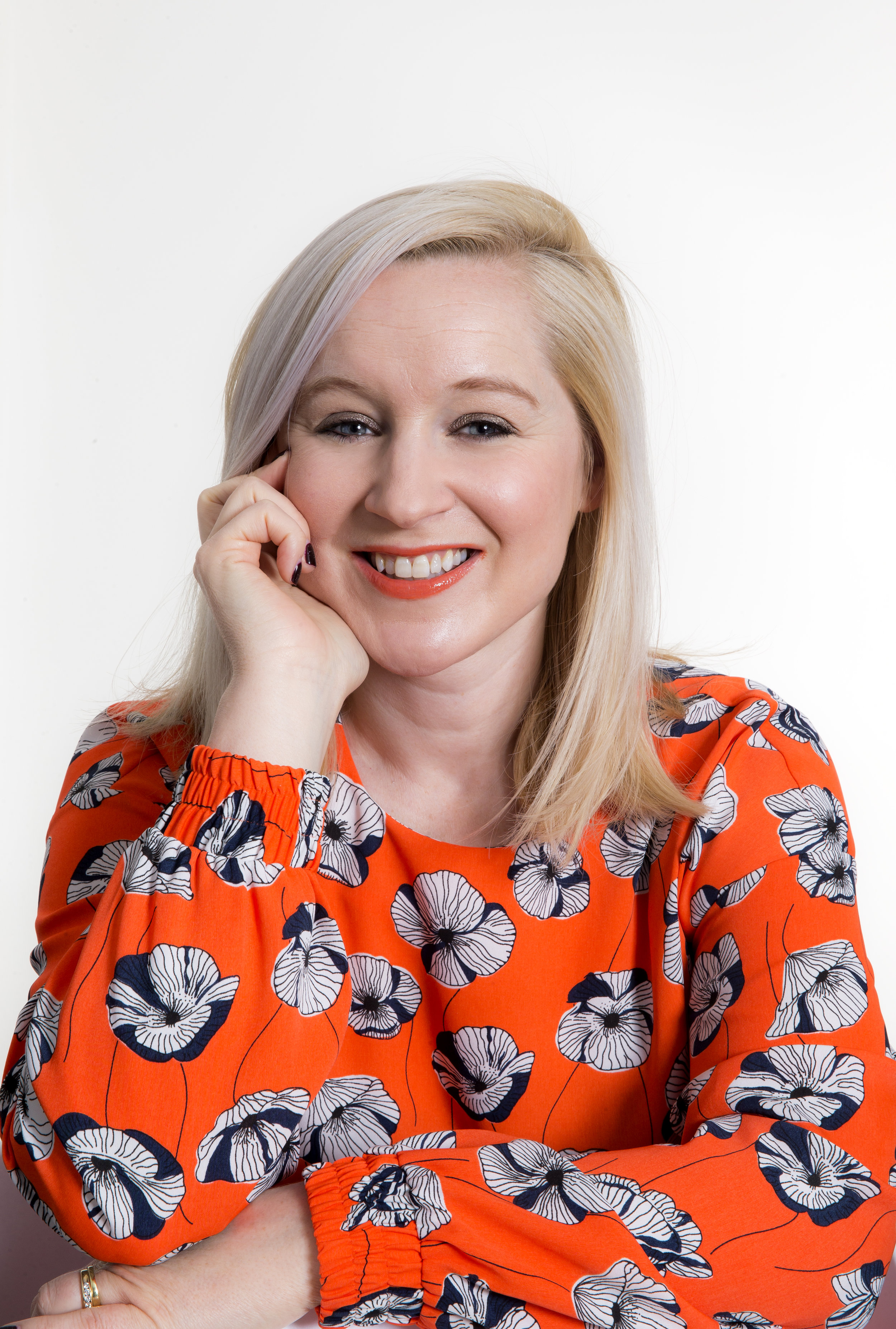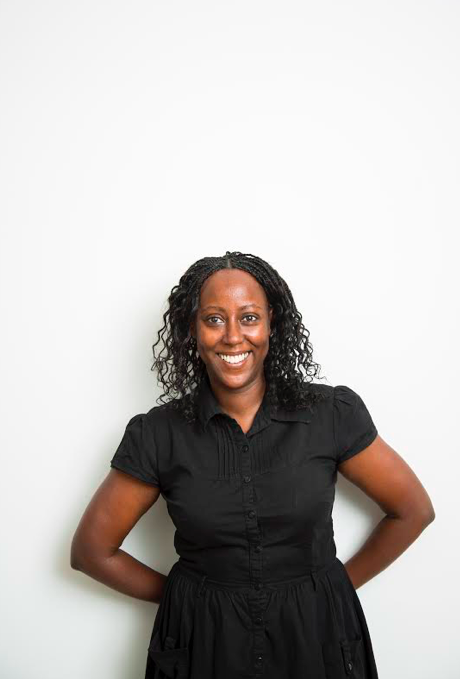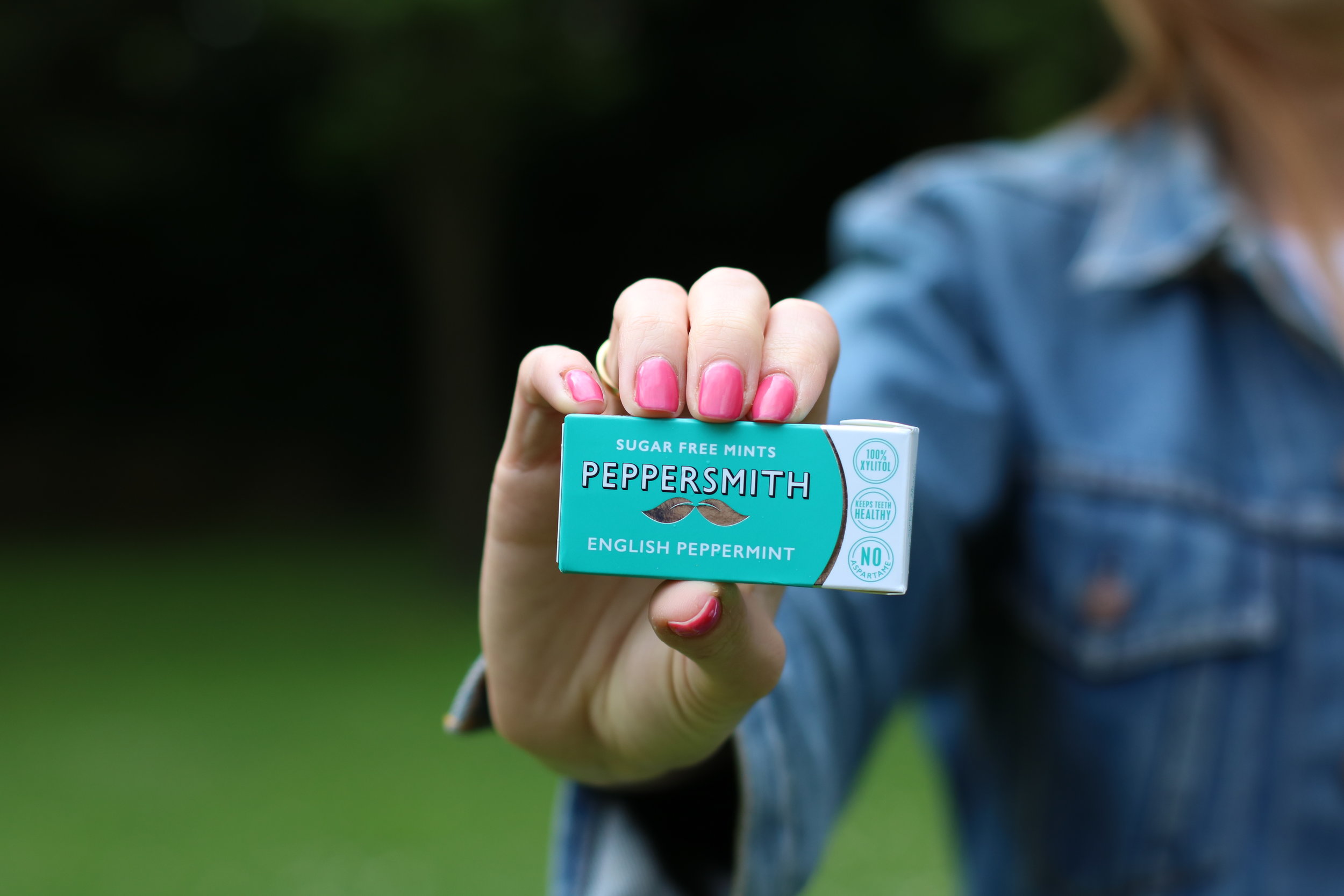Sam Conniff Allende, Serial Entrepreneur & Pirate
Multi-award-winning serial entrepreneur, with 10 start-ups to his name, including industry leading Creative Youth Network; Livity, is at it again. Restless for social change, Sam is now the best selling author of Be More Pirate. We find out what it’s all about.
Did you have any role models or someone you admired as a kid?
I once had a lucky experience. My friend’s mum worked in Parliament and I bunked off school so she could take me to see Nelson Mandela speak. His gravitas was not lost on me. I’d seen so many political figures on TV, like Thatcher, but never in the flesh. Mandela pieced together words in a charged room of people hanging on every one of those words. It was then compounded as he left the stage and walked in my direction and I couldn’t have felt smaller. He stopped in front of me and asked why I wasn’t in school. My mutter of reply was that being here today was more important. He chuckled and said, “Hopefully you’ll learn the right lessons, then.” It was an instructive moment. When I was playing characters as a kid, I thought maybe I want to be Nelson Mandela one day.
We all know you from your heady days of building the incredible Livity agency. An agency and brand with purpose and that seems to give a sh*t about young people. What drove you to set it up in the first place?
Multiple reasons. A deep one I discovered later in life, that my dad had followed a very similar path to me. He died when I was 5 and my family made sure I was sheltered from his death so I didn’t find out much about him. It turns out that he set up a version of Livity in professional services (rather than marketing), which focused on community engagement. I believe my deep subconscious proves why I did it.
And then I have always needed to know what people’s values are. Fairness drives me. I want to know what your values are, what you sit up and fight for. It’s actually quite rare to get people who know what their 3 values are. I grew up in South London living with my mum, grandma and my sister. We were also a surrogate middle class family for disadvantaged people, for years we gave them beds and food. I was very conscIous of the opportunities I had compared to my peers.
What’s the campaign you remain most proud of at Livity?
I can’t name one as there have been so many. What’s very clear is that Livity is better run now. Alex Goat, who took over from me, is amazing. It’s difficult for me to take sometimes. It makes you reevaluate that you’re not as good as you think you are. What Livity is doing with young people is incredible. Take Livity’s product, Digify, a talent spotting and hot-housing digital skills incubator and supported as part of Sadiq Khan's Digital Talent Programme. When I was around it used to be a diversity programme centred around digital skills. It now flips on an old problem and solution to be a fully grown business. I am very proud of the new look.
What started your obsession with pirates?
Well, tell me one person who hasn’t been touched by pirates in some way. They’re in culture everywhere – from the hardened biker with skull and crossbones to 5 year olds who grew up reading Peter Pan. They are a proxy for rebels and I didn’t know their history beyond Treasure Island and the rather alluring Jack Sparrow.
My favourite work with Livity was always working with young people - they inspire me and I knew that they’d help me in my preparation for transitioning out of the business. (Sam was 24 when he started Livity and nearly 40 when he left). I didn’t want to be that old guy desperately trying to hang out with young people. Taking that age old fact that as an entrepreneur you must do what most scares you, I decided I needed to write a book. I hadn’t gone to university and it was time to write the wrong - excuse the pun. Purpose had to come first though, otherwise the book would end up being like a TED X Talk in Balham. It began as an entrepreneur guide book. I went to hundreds of entrepreneur workshops to test it out and I got a lot of feedback on my overuse of metaphors and that basically it wasn’t very good! My interest in pirates continued to grow with the more I researched them. Their story is not one we know - they were true creators of social revolution and rebellion. The mainstream story wasn’t promoted at the time as they were seen as a threat. I fell in love with pirates. Finally I had found something people don’t know. They had to be exposed.
You’re calling for a rebellion in the form of ‘professional rule-breaking’. What can progressive businesses that want to protect young people’s futures do to foster this mindset?
Be honest about what change is made in an organisation and question whether you listen to your talent - which you probably don’t. Do you really believe what they say you are? Are you close enough to the culture that you can hear the future of your business being talked about by staff in the pub? Do you know their side hustles, their walks of life? Young talent has more than one thing on the go at any one time and you must assume that they’re hustling when they’re not at your workplace. Businesses need to choose whether they want to be an incubator to serve young people’s futures. Most businesses are of the past and they’re not going to get anywhere without emotional experience. They’re missing a big opportunity with the very people with the tools to change the world and work alongside those who have already been around the block. Naivety meets wisdom...there’s chemistry in that.
You talk about the fact that no one is coming to save us. This is both scary and realistic. But not every young person has it in their armour to be a pirate and re-write the rules. What are the key strengths of pirates to be successful in this fractured society?
Change follows a pattern and if you identify a problem and don’t raise it or complain about it, nothing happens. This seems to be a habit rather than a rule. Rules have always been made in the past when circumstances were different. The biggest mistake to make is to accept things the way they need to be. The weird paradox is that 99 per cent of leaders would like to hear from young people in order to create positive impact. Young people need to stand up to change.
You liken pirates to Suffragettes in their similarities of workers’ rights and ambitions for social revolution. Do you think that women today are pirate enough?
I am inspired by women I see today and I support the debate. I grew up in a strong feminist household in which only one would call themselves a feminist. The Slumflower fills me with excitement and I am rooting for her to create a children’s book for my daughter. Emma Gannon is another who has been very open with her journey. The thing is; the topic of gender equality is getting divisive – diversity and feminism can create a vacuum. We need a unified sense of action. Strong leadership is as important as strong messages. And to draw on the quote, “well behaved women rarely make history”, we definitely need more female pirates.
You’ve talked about the changes advertisers need to make to stop selling ‘fake’ happiness in a world of adversity. What can they be doing differently?
Doing something else. They need to work with a business model that champions ‘less is more’. Coca Cola being pleased with themselves that they’re using less water in their products when water shortage threatens life is disgusting. And they do not own the word ‘Happiness’. We’re still in the Malboro era of selling us stuff wantonly for money. The saying, ‘Advertising needs to decide if it wants to be a signature on humanity’s suicide note’, springs to mind. Business models are broken and non–circular business risks being a war crime.
What have been the essential factors that have enabled you to be an entrepreneur that you'd think you'd struggle without?
Optimism. I think I have a buoyancy of optimism. If everyone could switch on optimism all would be fine. With me, even if it slumps low I see it rise gradually again to the surface. I think also the support I get is invaluable. We think about resilience retrospectively but we need to consider it in real time. When we see loved ones break down we look back surprised that everyone is surprised. I keep an active resilience chart with 4 quadrants - Resilience, Life, Personal Development and Leadership. Under each quadrant are key aspects of my life I need to keep in check and I refer to it regularly. It’s now habit to check my levels of resilience in real time and if they’re off balance, it’s time to address them.
Who is the female pirate of 2018 and the future?
Again I’ve been so impressed by Chidera - The Slumflower. She came down to Livity and did a talk - she is a special woman, articulate and channels her anger masterfully. The way she speaks vociferously about complex issues such as trans-identity is incredible.
Name the quote you live by
‘You don’t know what don’t know’. I spent half of my professional career believing I knew everything. I later got over my ego and realised that my knowledge is really small when I put my ambitions into context. As humans we have no comprehension of what we don’t know. And that’s okay.
Check out what Sam is up to on his quest to build the #bemorepirate movement by following @samconniff on Instagram and Twitter.






















